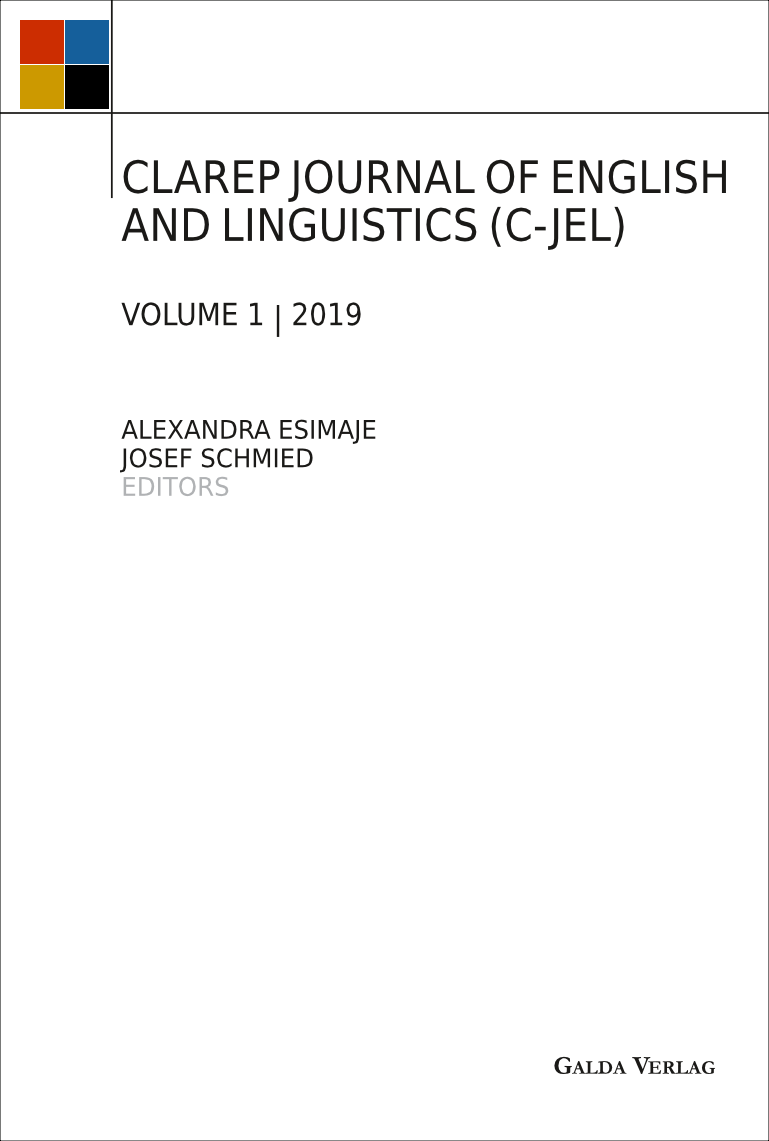The Semiosis of Personal Names in Igbo and Itsekiri Cultures
CLAREP Journal of English and Linguistics (C-JEL)
Author: Alexandra Esimaje
Institution: Benson Idahosa University, Benin
Email: alexandra.esimaje@live.com
Author: Chika Kate Ojukwu
Institution: University of Nigeria, Nsukka
Email: chika.ojukwu@unn.edu.ng
Abstract
This study examines personal names as semiotic signs in language. Specifically, it investigates the naming patterns of two cultures; Igbo and Itsekiri. It aims to show how people’s worldviews are reflected and sustained through names. The study focuses on latent connotative and ideological meanings of names in the two cultures under investigation. In doing this, the Saussurean and Peircian concepts are harmonised for ease of analysis. The data is drawn from both cultures and consists of 77 names; 38 from Igbo culture and 39 from Itsekiri culture. The research adopts, first, a syntagm-paradigmatic approach, in which it seeks to establish the pattern of names and their classifications. Secondly, it presents a pragmatic analysis of the names, mainly, at two orders of signification: denotative and connotative levels of meaning. In some cases, the third order of signification is portrayed, that is, the ideological level of meaning which is a product of the first and second orders. The study reveals, among others, that Igbo and Itsekiri semiospheres govern and ascribe significance to name signs in these cultures. Additionally, it portrays the ambiguity that characterises names.
Keywords
personal names, culture, semiotics, onomastics, worldviews, meaning
Pages: 61-76
ISSN: 2698-654-X
ISBN: 978-3-96203-100-8 (Print)
ISBN: 978-3-96203-244-9 (PDF)
DOI: https://doi.org/10.56907/gyzv68cg

